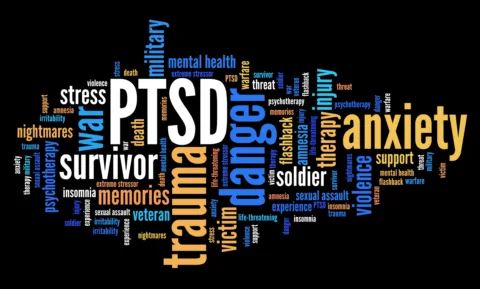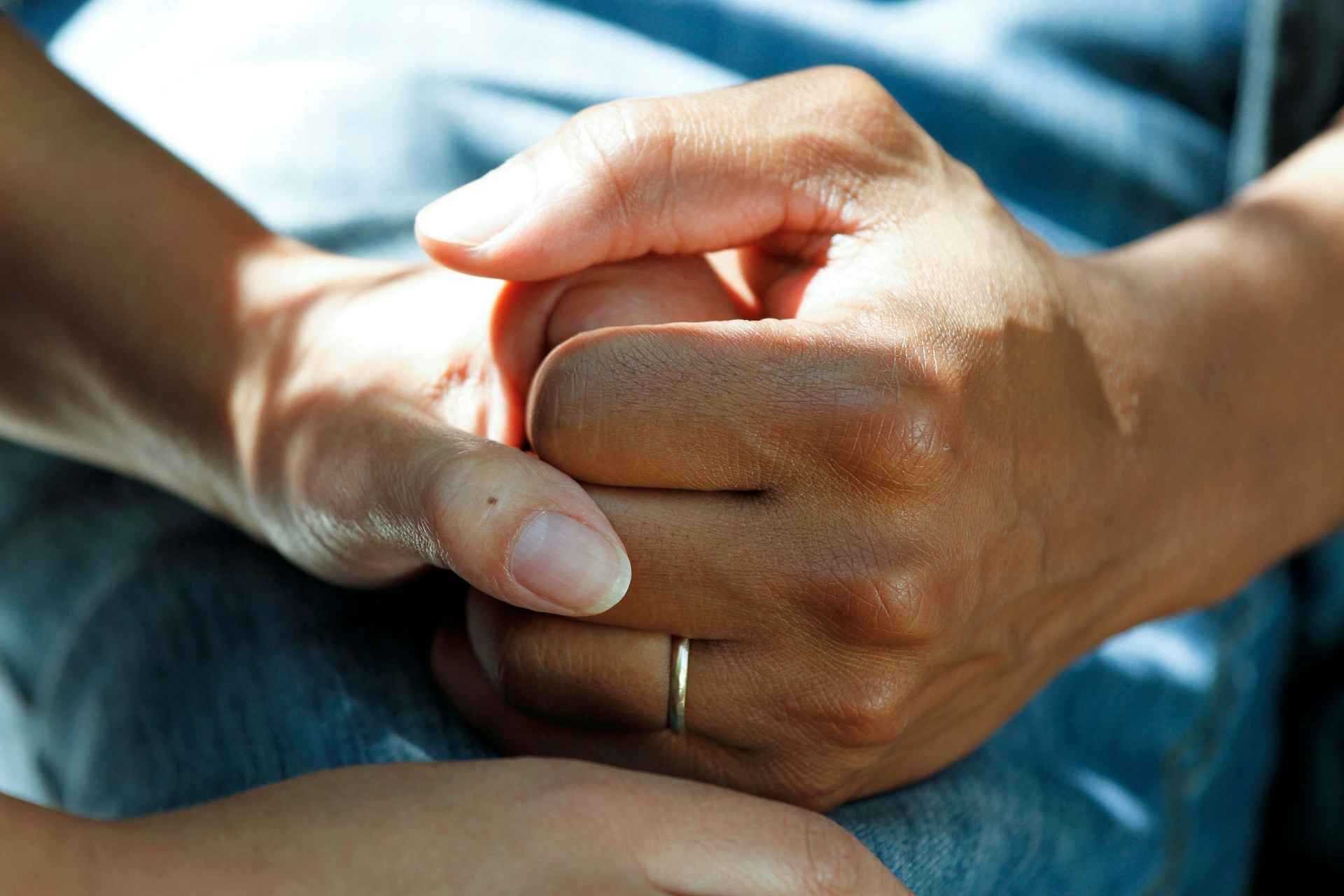Post-Traumatic Stress Disorder (PTSD) is a mental health condition that can have a profound impact on military veterans. Veterans with PTSD face unique challenges due to their military service, and it is crucial to understand the symptoms, risk factors, and available treatment options to help them overcome these difficulties.
Understanding PTSD in Veterans
PTSD in military veterans is a prevalent issue that affects the mental well-being of those who have served. The Department of Veterans Affairs (VA) and the National Center for PTSD recognize the importance of addressing PTSD in veterans and provide valuable resources and support.
Unique Challenges for Service Members
Military veterans are at a higher risk of developing PTSD due to their exposure to traumatic events during their service. Combat veterans, in particular, may experience intense stress, witnessing or being involved in life-threatening situations. The symptoms of PTSD may not surface immediately and can take months or even years to manifest.
Military PTSD | Understanding PTSD in combat Veterans
“Brandon Fender shares his story as a retired U.S. Marine and combat veteran with PTSD. Fender served as U.S. Marine from 2003 to 2013 and is an Iraq & Afghanistan Veteran who struggled with addiction and PTSD when he came home. He discusses the symptoms of PTSD he experienced, how it effected his life and relationships, and how he recovered.”
PTSD Symptoms and Impact
The signs of PTSD in veterans can vary, but commonly include intrusive memories, nightmares, flashbacks, avoidance behaviors, hyperarousal, and changes in mood and cognition. Veterans suffering from PTSD may face difficulties in their daily lives, relationships, and overall quality of life.
PTSD Treatment Options
Effective treatment for veterans with PTSD is available. It often involves a combination of therapies, medication, and social support. Psychotherapies such as Cognitive Behavioral Therapy (CBT), Eye Movement Desensitization and Reprocessing (EMDR), and group therapy have shown positive results in helping veterans manage their symptoms and improve their well-being.
Medications, such as selective serotonin reuptake inhibitors (SSRIs), can be prescribed to alleviate symptoms of PTSD. However, it is important to note that each individual’s treatment plan may vary based on their specific needs and circumstances.
“Youtube; The stigma that stops veterans from getting help for PTSD What discourages veterans from seeking treatment for post-traumatic stress? As part of our series War on the Brain, special correspondent Soledad O’Brien talks to former service members who have struggled to accept the diagnosis and get help”
The Role of Social Support including the VA
Social support plays a crucial role in the recovery process for veterans with PTSD. Having a strong support system, including family, friends, and fellow veterans, can provide understanding, empathy, and encouragement. Connecting with support groups and seeking assistance from mental health services for veterans can also be beneficial.
Overcoming the Stigma of Veterans with PTSD
It is essential to create a supportive environment where veterans feel comfortable seeking help for their PTSD. Increasing awareness and understanding of PTSD among veterans and their families is crucial in reducing stigma and encouraging individuals to seek the assistance they need.
Conclusion
PTSD is a significant concern for military veterans, but with the right support and treatment, it is possible to overcome the challenges it presents. Understanding the unique experiences of veterans, recognizing the symptoms, and providing comprehensive care can help veterans reclaim their lives and improve their mental well-being. It is our collective responsibility to support and honor those who have served by helping them overcome the impact of PTSD and related disorders.
Resources




